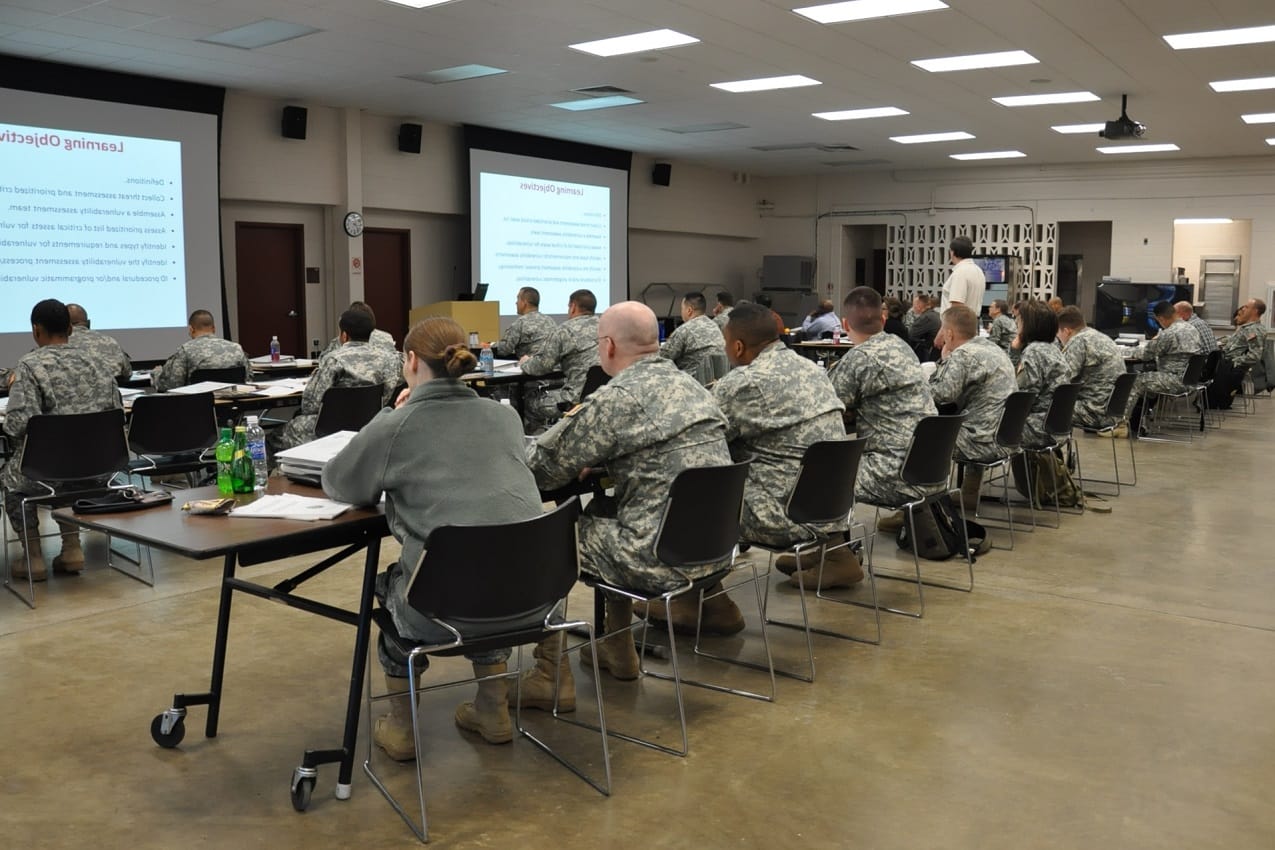
Phase 2 – The Psychology of Terrorism – IP essay
In XX century the theme of international terrorism has acquired a special significance. Currently, the problem of terrorism is studied from different angles. Psychologists are interested not as much in legal or ethical components as in psychological, personal and socially-psychological aspects of this problem. Thus, we are going to discuss common sociological and psychological characteristics of the people who are recruited into terrorist organizations in the body of this paper.
First of all it is necessary to mention that the personality of terrorist always has attracted the attention of researchers. It is believed that the understanding of main features of the personality of terrorist would help to understand the problem of fighting with them and it would help to obtain reliable scientific basis. However, this understanding is the most difficult and even unsolvable problem nowadays.
Thinking about sociological aspect of the problem we see that the genesis of the formation of terrorist personality is diametrically opposed to the scenario of normal human socialization, where the apex of life is self-realization in the artistic creative process (art, medicine, architecture, education, etc.). The main goal of terrorist actions is the destruction of something that has been created by other people; mass death, which is accompanied by mass emotion of fear.
Analyzing behavior of a big variety of terrorists, according to Whittaker (2004), it is necessary to emphasize that negative perception of the world, which occurs under the influence of a whole number of factors is typical to the personality of any terrorist. Dwelling on factors that may contribute to a person’s decision to join a terrorist group we may find disparity image of the ideal model of the world and own place in the reality in the context of existed possibilities of self-realization. Merari (2010) stated that this contradiction with the ideal model is transformed into a subjective sense of personal and social inadequacy, when a position that “I’m a good person and the whole world is bad” become typical as a kind of moral self-defense and allows a person to justify any destructive actions. Thus, the activities of terrorists take the character of destructive self-realization. In this case, new speculative concept of self-righteousness, which minimizes the possibility of a positive impact on terrorist groups, has been formed through the above mentioned negation.
Observing psychological characteristics we can mention that in childhood and adolescence, the terrorists show a high level of claims and increased self-appraisal; they are different from other children in their tendency to fantasize and they occupy the position expressed in terms of accusation, requiring heightened attention of teachers.
According to Borum (2004), in most cases the terrorists are young people aged about 20 years (plus or minus five years), who were educated in a patriarchal and very religious culture. Their mind usually consists of sustained presentation of the historical trauma of the nation and the powerful emotional connection with the latter. Their typical social feelings are grief and sorrow, in conjunction with the aggrieved national pride. It is obvious that terrorists are very often characterized by specific ideas about ‘historical oppressor’ that are distorted and mythologized in many ways, and the need for its punishment and retribution, that is defined by persistent patterns of behavior and evaluations, actively developed by society where the person was educated. Also these views are likely complemented by the actual trauma associated with the actual facts of the death of relatives, friends or just fellow tribesmen.
Thus, discussing sociological and psychological characteristics of the people who are recruited into terrorist organizations it is important to dwell on the fact that there is a huge difference between the man who decided to commit suicide because of unbearable mental suffering, and suicide bombers, who loves life, is full of energy and is really confident in his special mission. In conclusion, basing on the information stated above it is possible to say that it is virtually impossible to dissuade the terrorist from his act.

